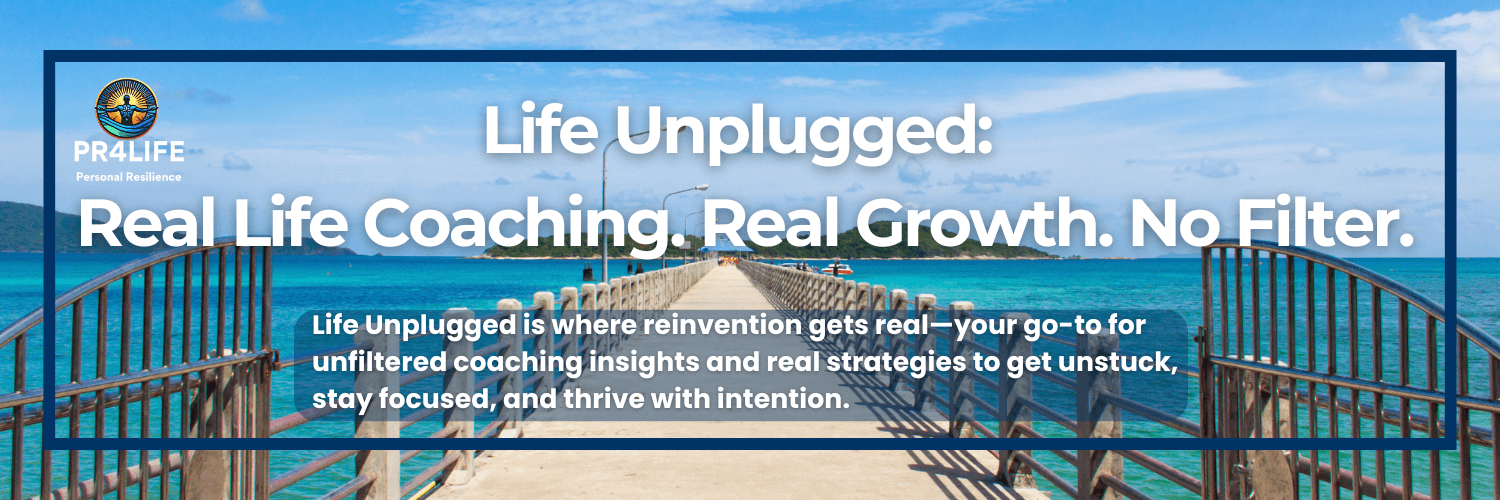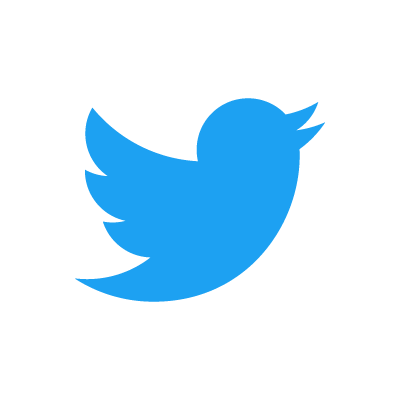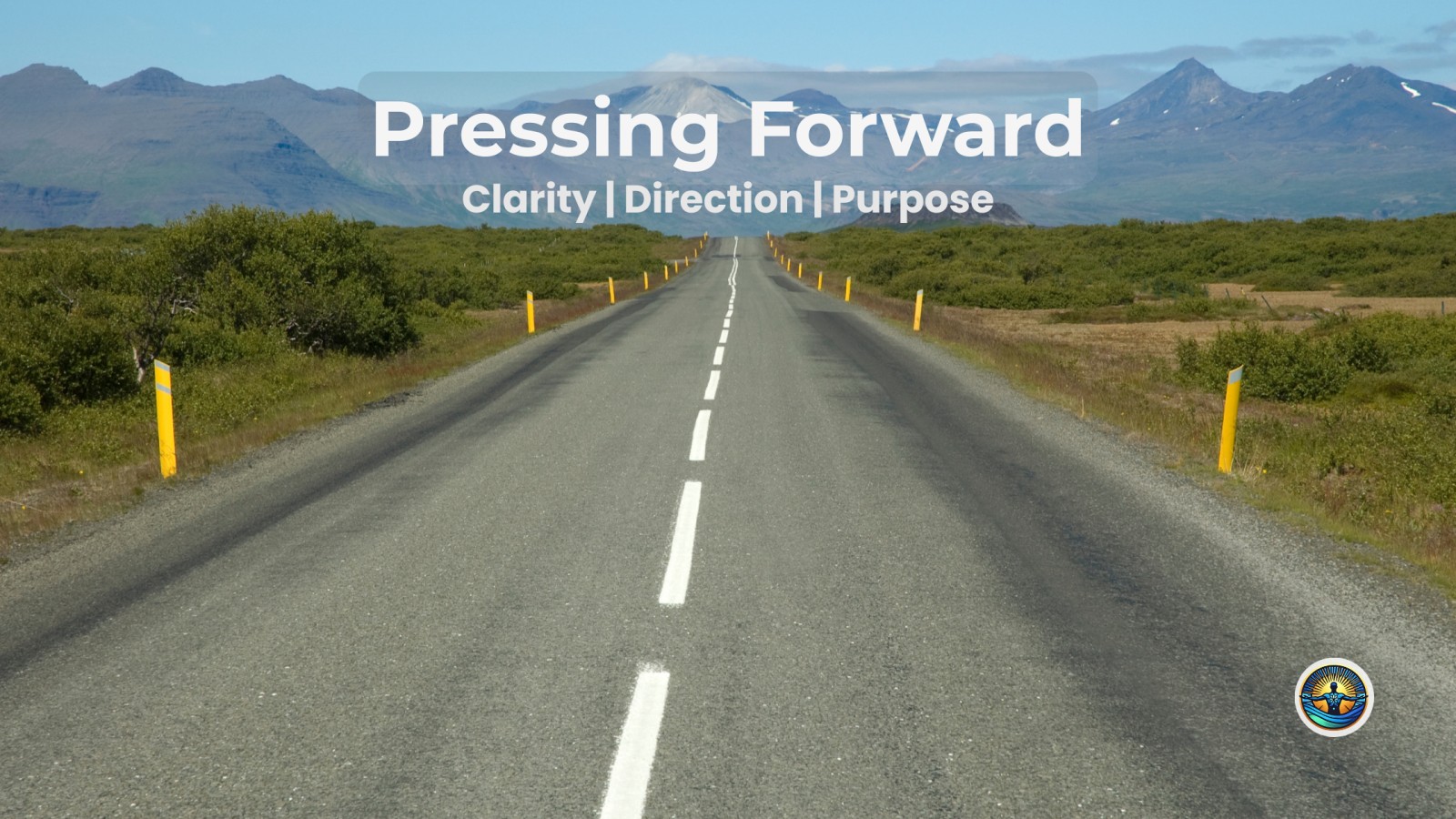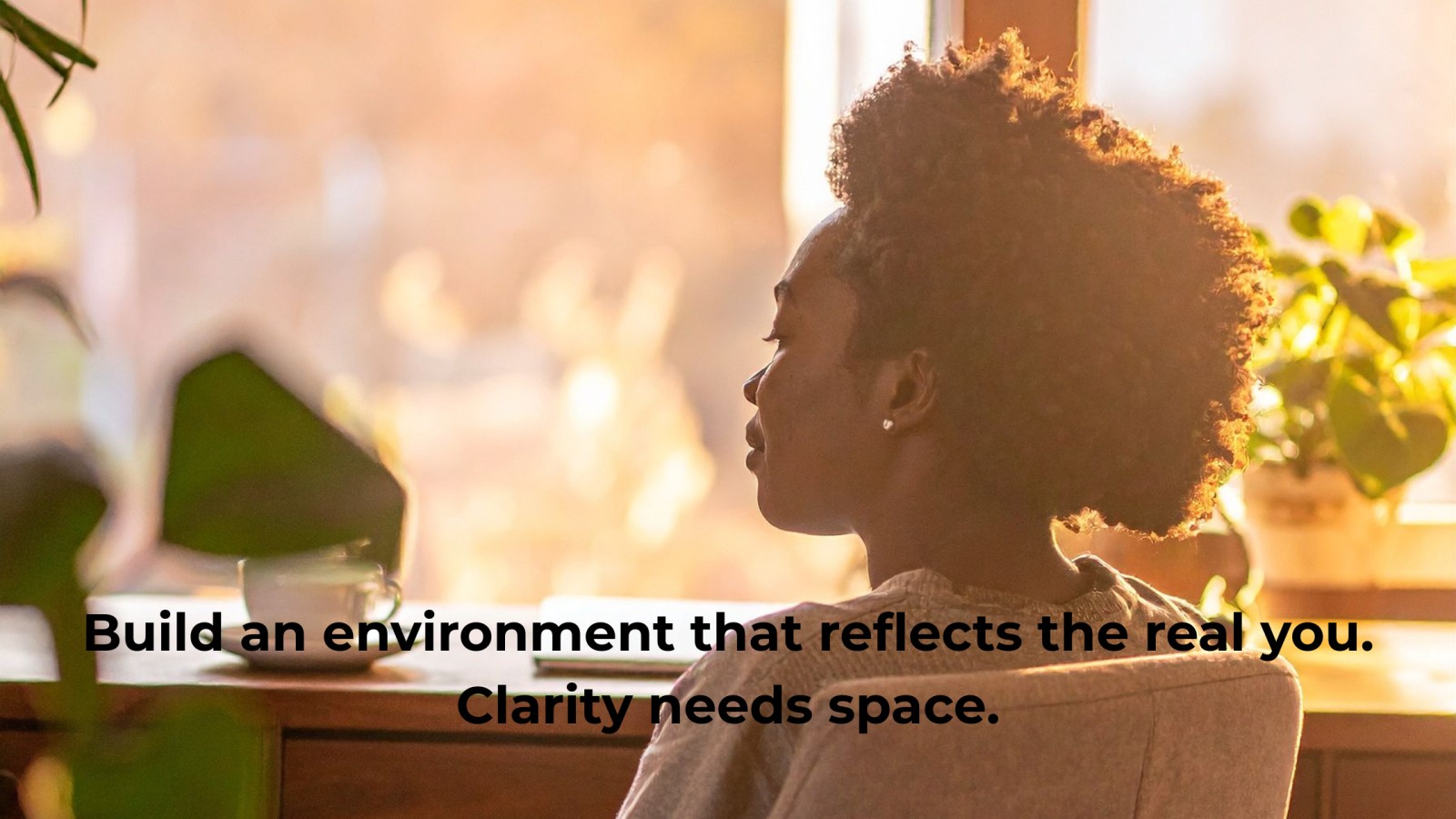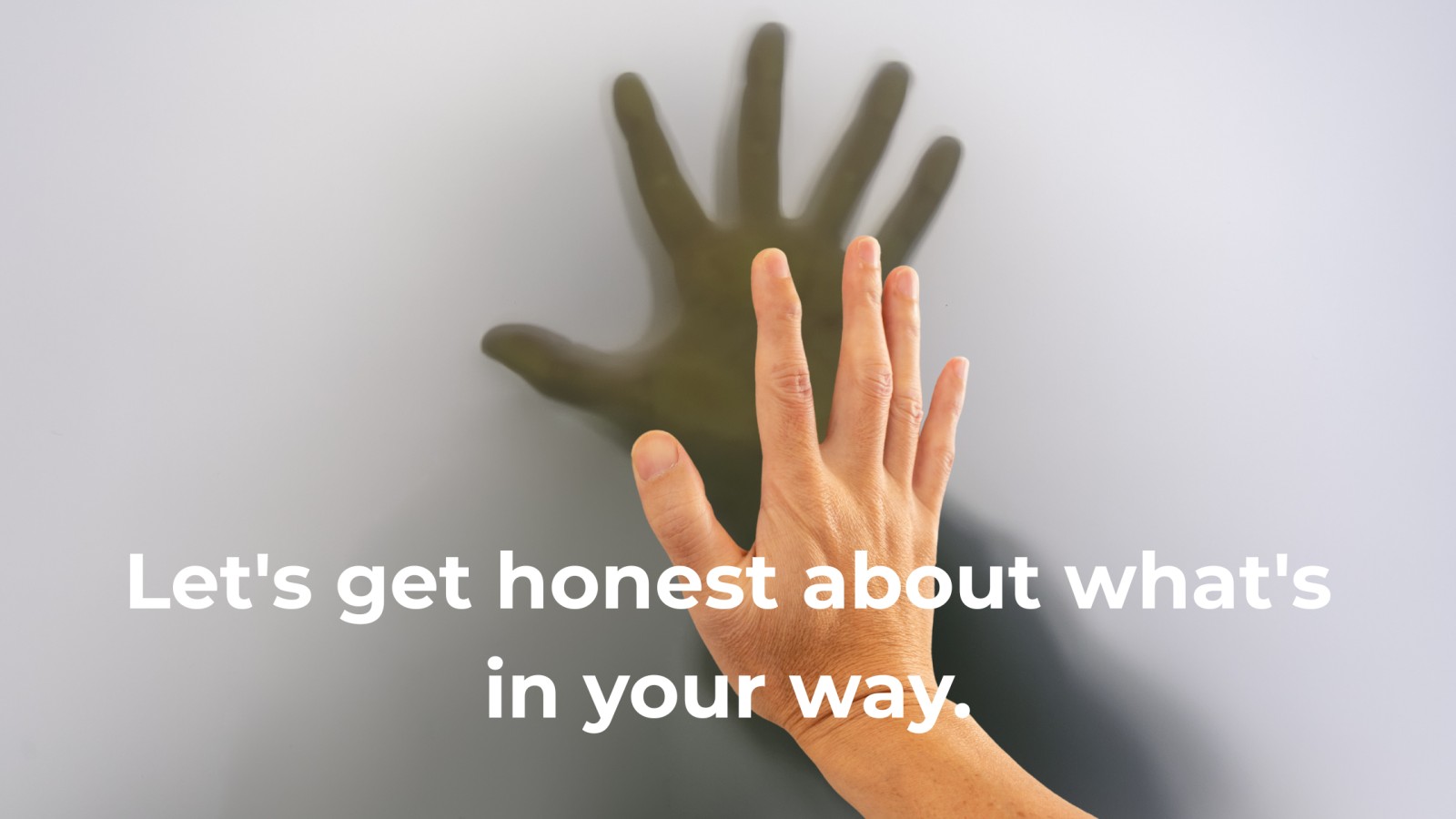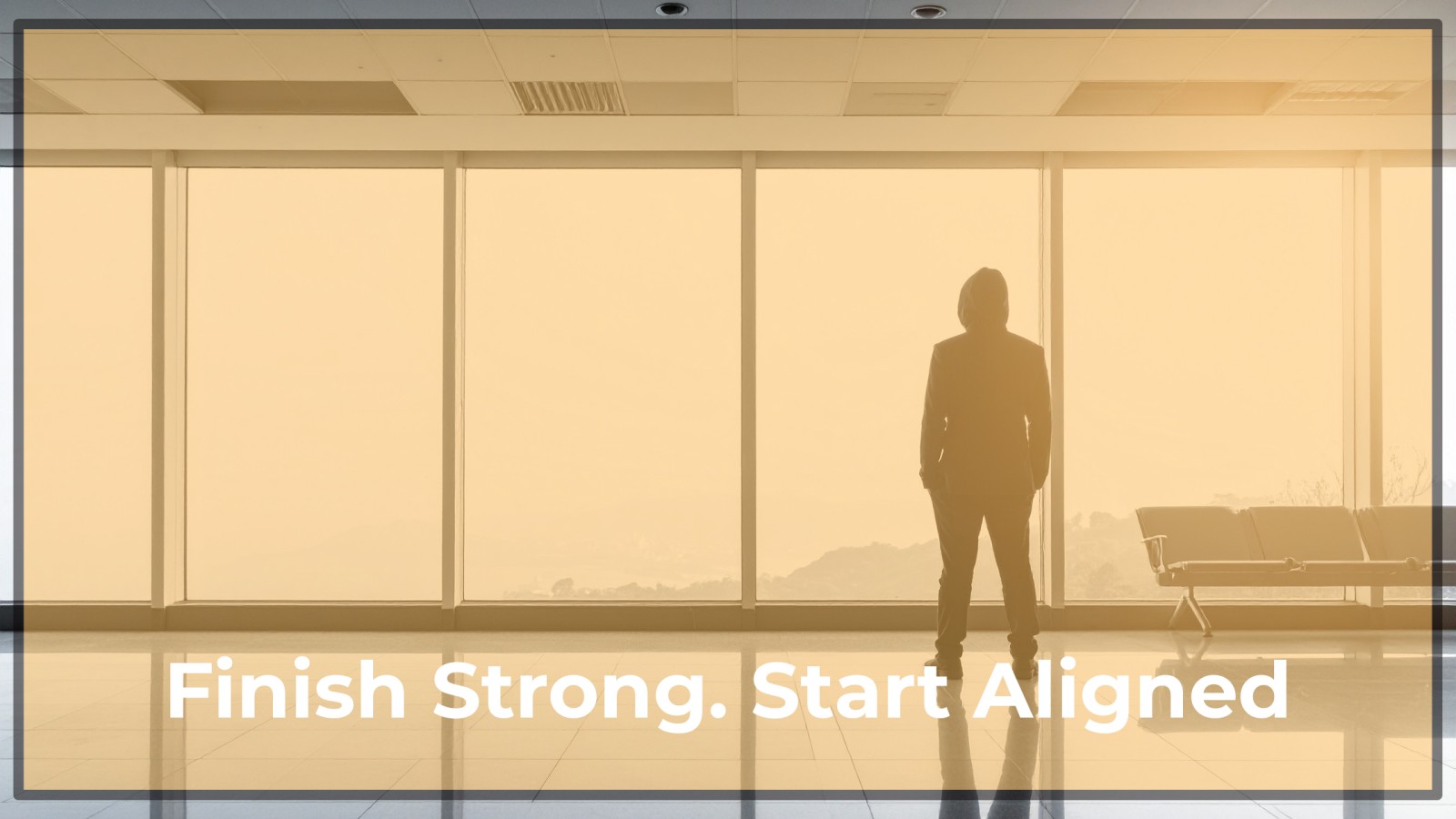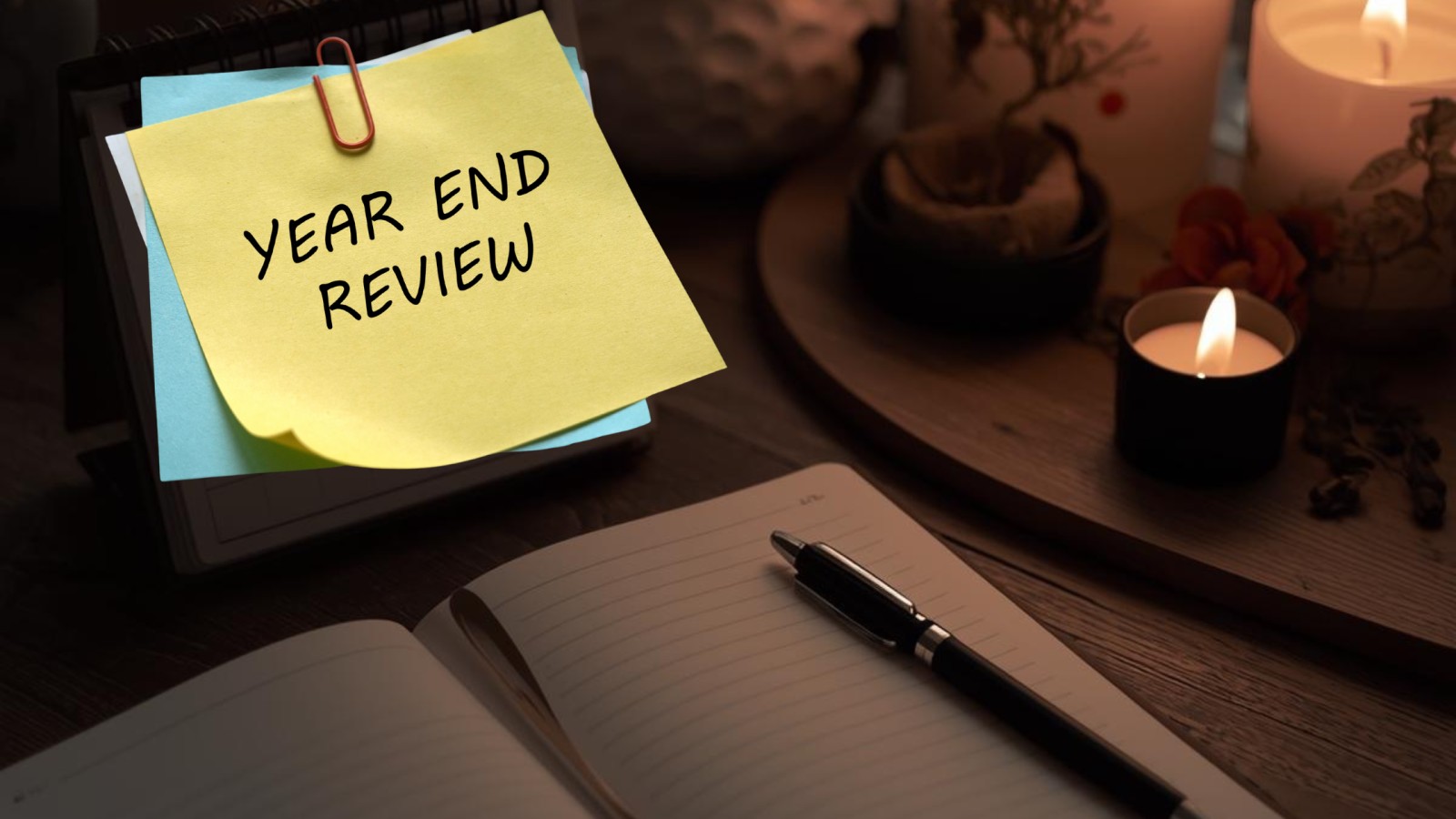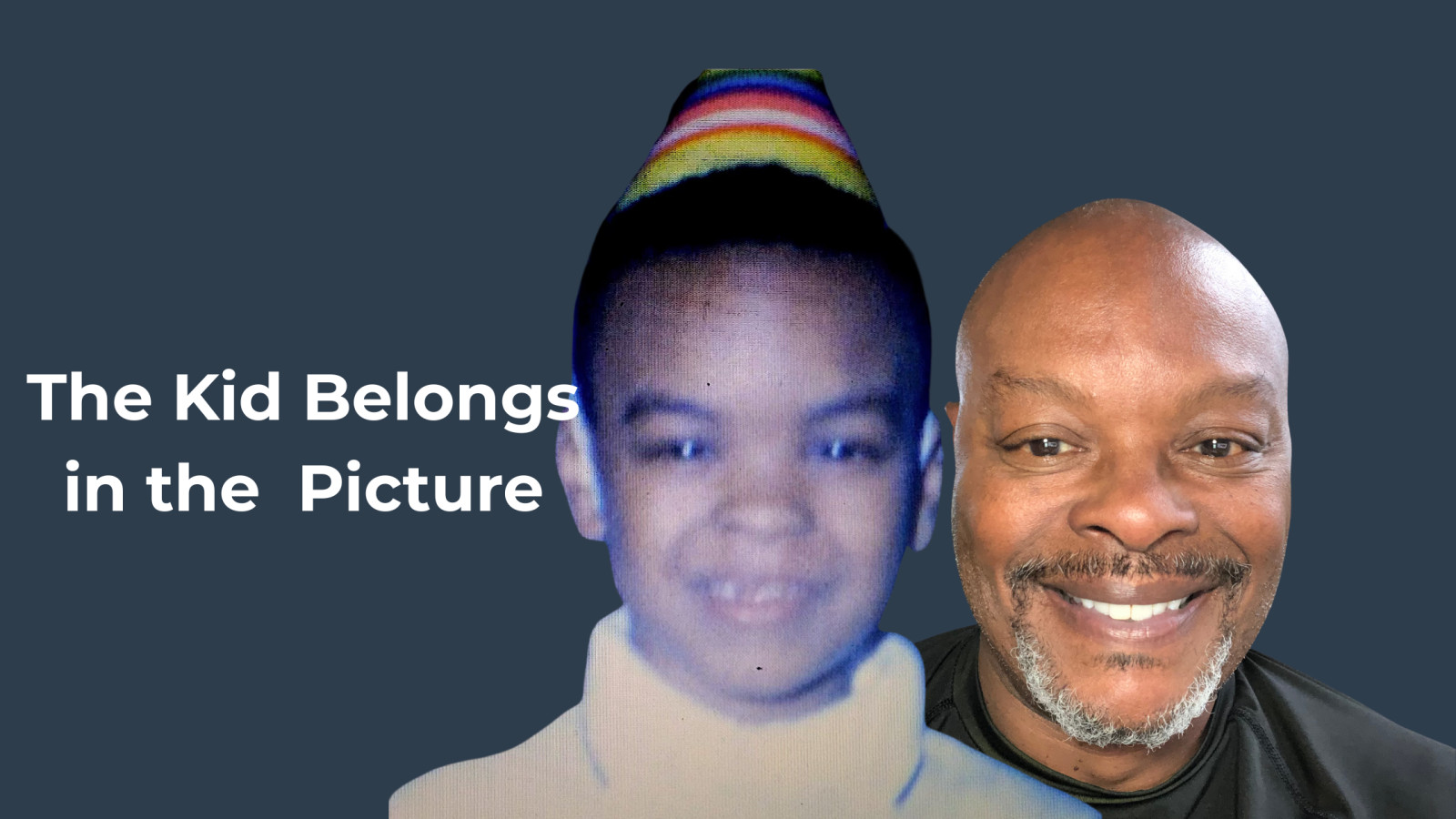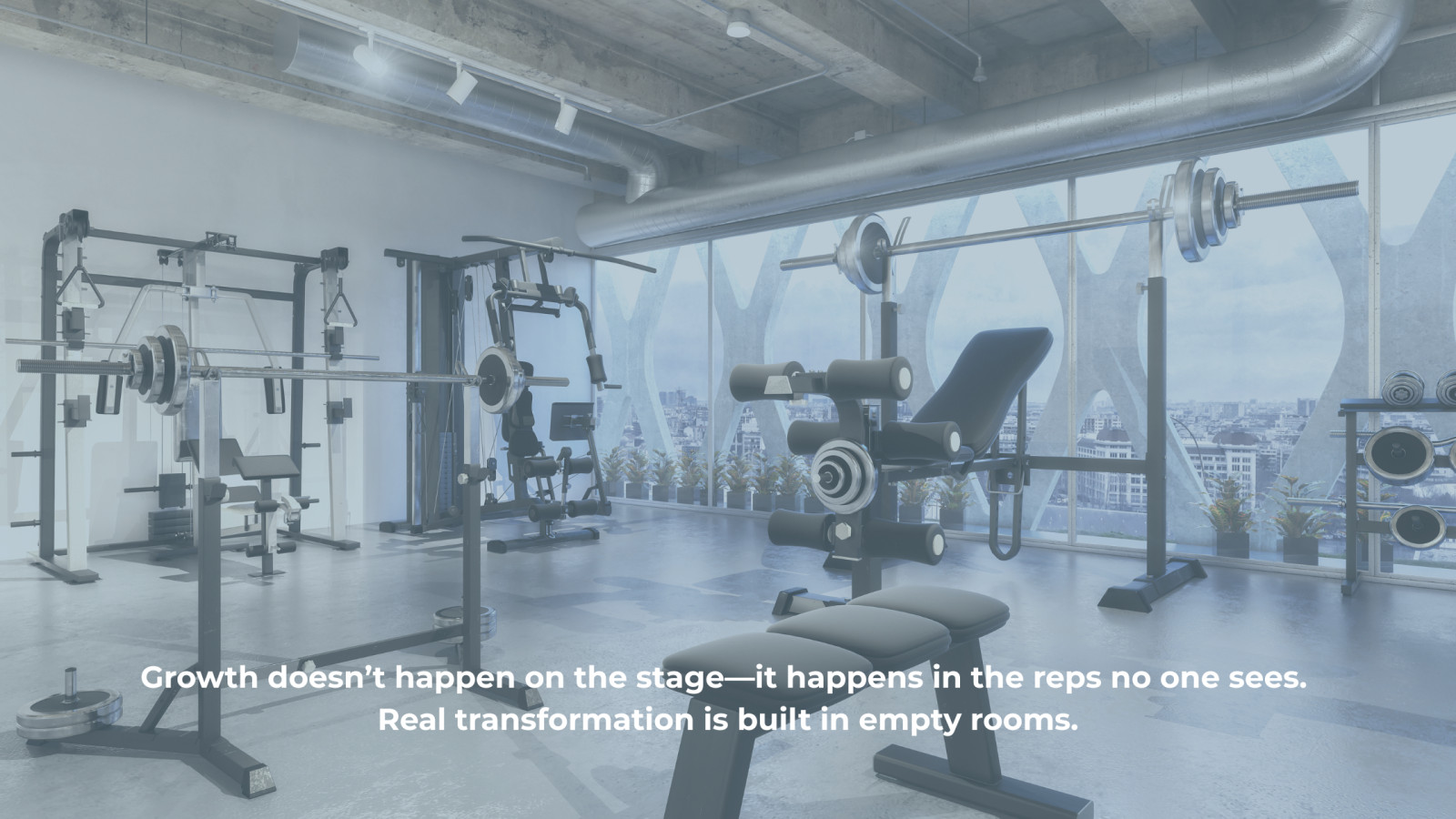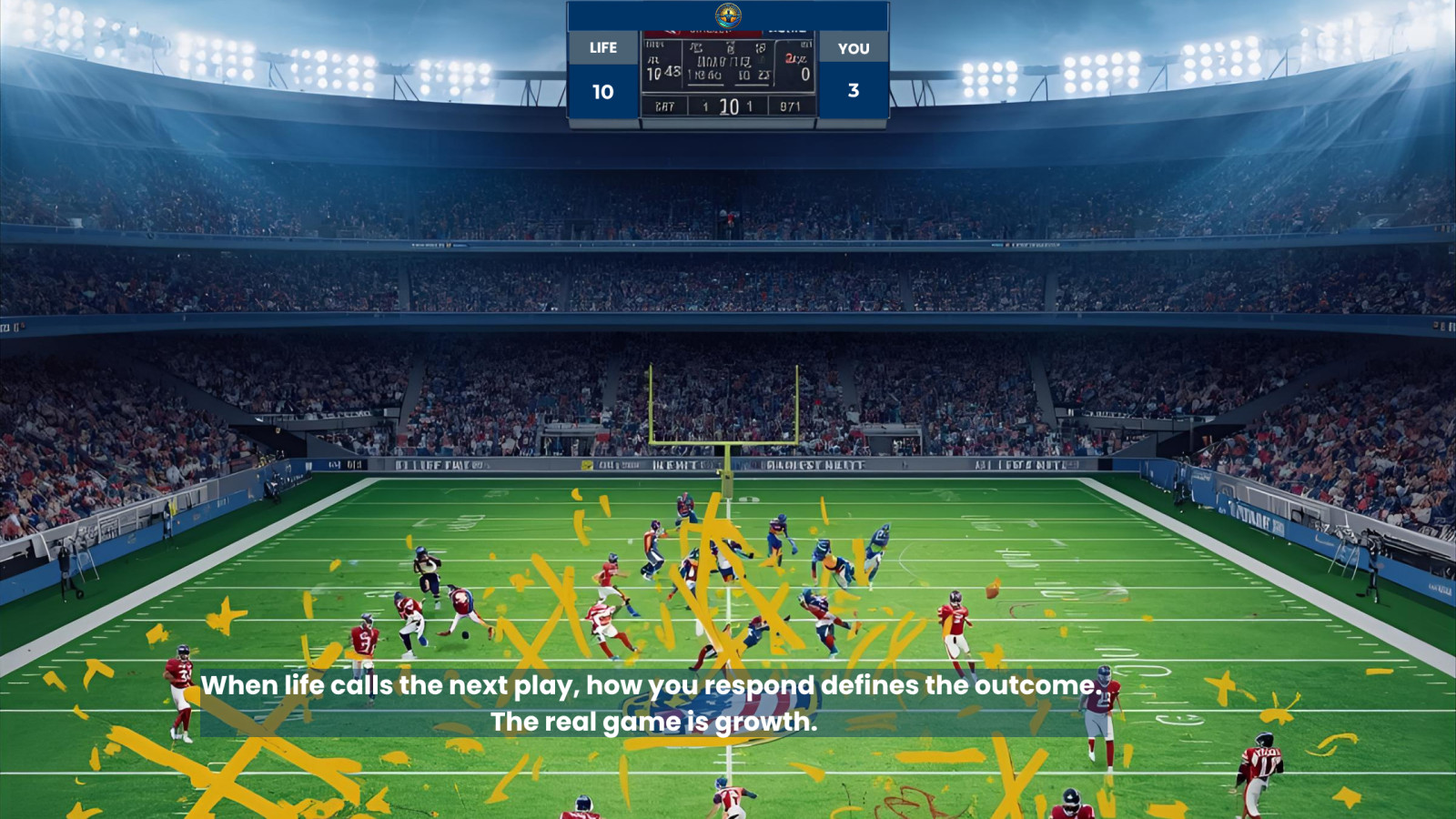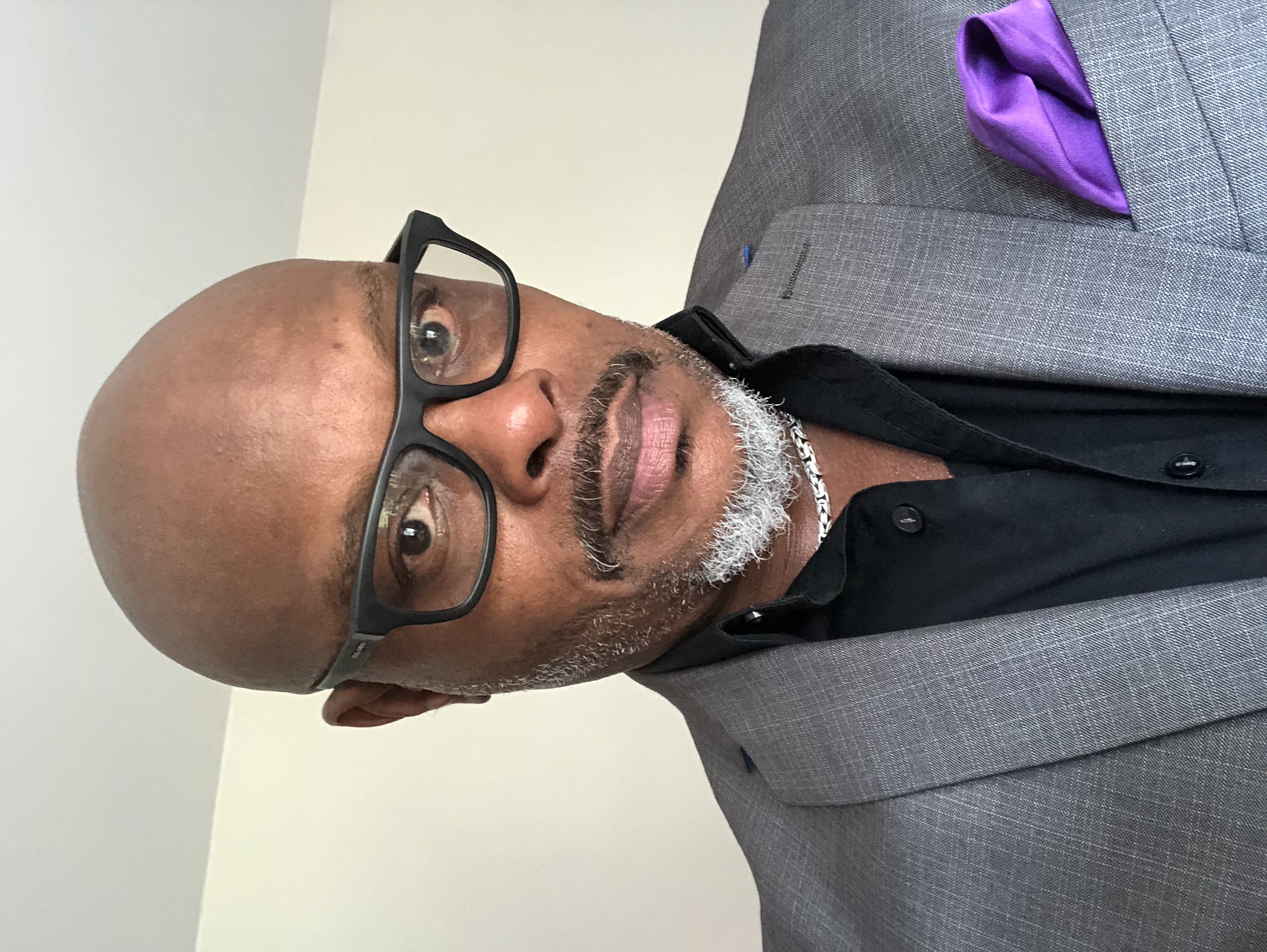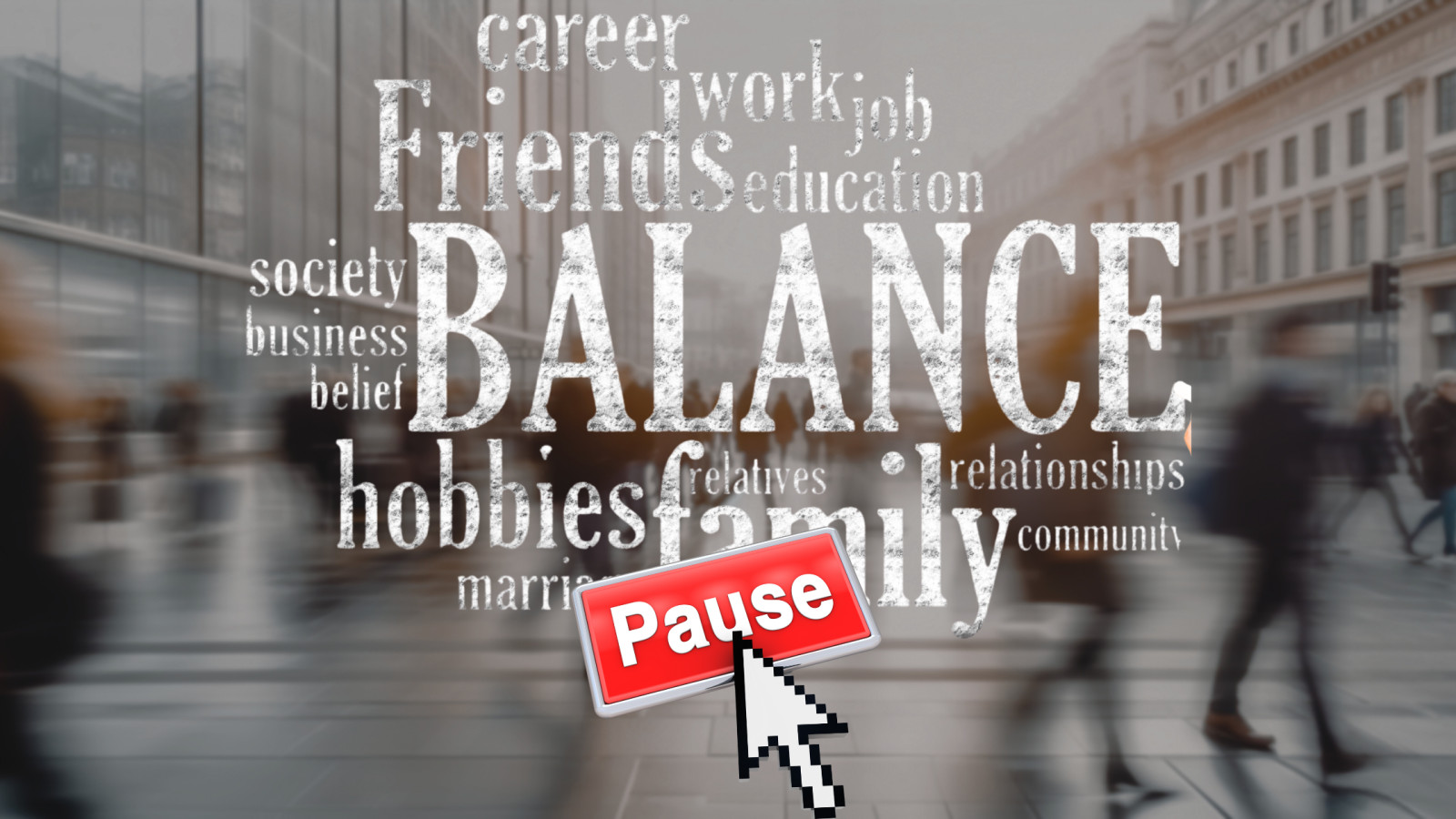
“I’ve learned that sometimes, the most powerful thing you can do is stop.”
Pressing Pause Before the Next Chapter
Two weeks. That’s the time I’m giving myself to recalibrate, decompress, and realign. Not to rush into the next thing, not to panic or grasp for what’s familiar, but to truly pause and reflect.
I’ve done the opposite before—jumped right back in, grabbed the next opportunity just because it was there, kept moving so I wouldn’t have to sit with the discomfort of uncertainty. But that approach never led to real change. It just kept me stuck in the same cycle, different scenery.
This time, I’m choosing a different path.
Instead of reacting, I’m taking time to ask bigger, harder questions—not just about what’s next, but about what actually fits. Because moving forward with intention starts with sorting yourself out.
Sorting Yourself Out: Making Room for What’s Next
I used to think that when life threw a curveball, the best response was to react quickly—patch things up, move forward, figure it out on the fly. But every time I did that, I found myself back in the same loop. The bottom would fall out, I’d scramble to fix it, and then I’d land right back in another version of the same grind.
This time, I’m doing things differently.
Instead of jumping into something just because it’s there, I’m sorting myself out—getting clear on who I am in this next chapter and making space for what actually fits.
So how does one sort themselves out? Sorting yourself out is more than self-reflection—it’s a radical realignment. It requires:
✅ Bravery & Self-Honesty – Facing the tough truths about what’s working and what’s not.
✅ Compassion & Empathy – Letting go of judgment and accepting where you are.
✅ Deep Insight – Understanding your strengths, values, and what fulfillment really means.
This process isn’t easy, but it’s necessary. Because without it, you risk making the same choices and expecting different results.
How Can a Pause Transform Your Life: A Radical Reset for Real Change
The truth is, there’s a difference between tweaking your life and truly transforming it.
For years, I thought I was making changes—I switched jobs, adjusted my schedule, set new goals—but looking back, I wasn’t transforming my life, I was just tweaking it. I was rearranging the same pieces, hoping they’d somehow create a different picture. I told myself I was growing, but really, I was just shifting within the same cycle—same grind, different scenery. I’d jump into the next opportunity because it was available, not because it truly fit. I was keeping busy, staying productive, doing what I thought I was supposed to do. But tweaking isn’t transformation. Transformation requires disrupting the pattern, not just modifying it. It means not just adjusting what’s there but being willing to let go of what no longer serves me to build something entirely new. And that’s the shift I’m making now.
But here’s the thing—real change doesn’t happen by making minor adjustments to the same system. It doesn’t come from swapping one job for another, setting new resolutions, or tweaking daily habits while keeping the deeper issues untouched. I realized that if I wanted something different, I had to do something different. That meant stepping beyond surface-level changes and addressing the root of what needed to shift.
The self-help industry loves to talk about gratitude journals and mindfulness—and yes, those practices work—but let’s be real: writing three things you’re grateful for won’t change your life if everything else stays the same.
Real, lasting change requires:
🔥 Radical self-honesty – No more excuses.
🔥 Deep reflection – Not just thinking but challenging your assumptions.
🔥 Bold action – Making the moves that actually shift your life’s direction.
The Science of the Pause
Experts across psychology, philosophy, and career development emphasize that intentional reflection is critical for meaningful change:
💡 Jack Mezirow, the “father of transformative learning,” explains that major life shifts happen when we question our deepest assumptions—not just about the world, but about ourselves.
💡 Herminia Ibarra, professor at London Business School, argues in Working Identity that career transitions shouldn’t be rushed—they require self-reflection and experimentation before clarity emerges.
💡 Robert Kegan, Harvard psychologist, teaches that internal resistance to change holds us back—and that deep introspection helps break that cycle.
💡 Ruth Kanfer, an expert in work transitions, found that those who pause and assess their motivations are more successful in their next move.
Why This Pause Matters
Because without it, I’d be right back in the same cycle.
I’ve done this before—lost something, picked myself up, jumped right into the next thing without missing a beat. It’s what we’re taught to do, right? Keep moving. Stay productive. Don’t waste time. But if I’m being honest, that approach never really changed anything. The grind stayed the same; only the scenery shifted.
This time, I refuse to run on autopilot.
This pause isn’t about stopping—it’s about realigning. About making sure that whatever comes next isn’t just a reaction but a decision. And decisions require clarity. Clarity takes time. And time? That’s what I’m giving myself.
What This Pause Really Means
For me, this isn’t just about career choices—it’s about sorting myself out completely. That means looking at:
❓Why have I been defining success the way I have? Does it still fit?
❓Why does the idea of slowing down feel so uncomfortable?
❓Why am I holding onto certain habits, relationships, or career choices?
❓Why have I been prioritizing productivity over peace?
Even outside of career shifts, thought leaders emphasize the power of these resets. L.A. Paul, a Yale philosopher, describes life transitions as transformative experiences—ones that change us in ways we can’t fully predict. The only way to navigate them? Deep reflection and openness to discovering a new version of yourself.
The Real Work Begins Here
We live in a culture that glorifies hustle, but rest is part of the work, too.
Studies on self-regulation and motivation confirm that pausing isn’t quitting—it’s a strategy for success. A Time magazine study on productivity found that emotional regulation is one of the most important skills for long-term achievement, and it starts with giving yourself space to think.
For me, that space is now. This isn’t about taking a break—it’s about breaking free. It’s about making sure that whatever comes next is something I’m walking toward with intention. Because if I don’t take the time to truly sort myself out, I’ll end up somewhere I never intended to be.
And I refuse to let that happen.
PR4LIFE: How to Sort Yourself Out
Sorting yourself out isn’t just about self-reflection—it’s about realignment. It’s about actively dismantling what’s not working so you can build something better.
Here’s the PR4LIFE approach in action:
➡️ Audit Your Life Like a CEO
If your life were a business, would you invest in it? Look at where your time, energy, and relationships are going. Are they yielding growth or just keeping you busy?
➡️ Interrupt the Cycle
If you’re repeating the same patterns, change the environment. That might mean physically removing yourself from toxic spaces, setting new boundaries, or even taking a break from old routines.
➡️ Act Like the Person You’re Becoming
Don’t wait for change to happen. Make decisions as if you’re already the next-level version of yourself. Your actions shape your identity, not the other way around.
➡️ Do the Hard Thing First
The best way to create momentum is to tackle the biggest, most uncomfortable change first. Quit the job. Have the hard conversation. Make the investment in yourself. Stop waiting for perfect conditions.
Final Thought: Life on Pause—It Matters
I used to think that pausing meant falling behind. That if I wasn’t constantly moving, I was somehow losing ground.
But what I’ve learned in this season is that real growth doesn’t happen in the rush—it happens in the space we create for it.
This pause isn’t about waiting for life to happen. It’s about taking control of how I move forward. It’s about refusing to let old patterns, outdated definitions of success, or fear of the unknown push me into another cycle of “same grind, different scenery.”
And if you’re in a transition—whether it’s career, relationships, or a personal shift—you might need a pause, too. Not to stall, but to realign. Not to give up, but to get clear.
Because life isn’t just about going—it’s about going in the right direction.
Your Turn: Step Into the Pause
So I’ll ask you—where in your life do you need to hit pause? What patterns, expectations, or routines have you been running on autopilot? And if you gave yourself the space to step back, what truths might become clear?
I challenge you to take a moment—whether it’s an hour, a day, or even a week—to do nothing but reflect. Write down your thoughts. Ask yourself the big questions. Answer them with brutal honesty. And most importantly, give yourself permission to pause without guilt.
Because sometimes, stopping isn’t quitting—it’s the most powerful thing you can do.
Comment below or send me a message: What would a meaningful pause look like for you? Let’s start the conversation.
